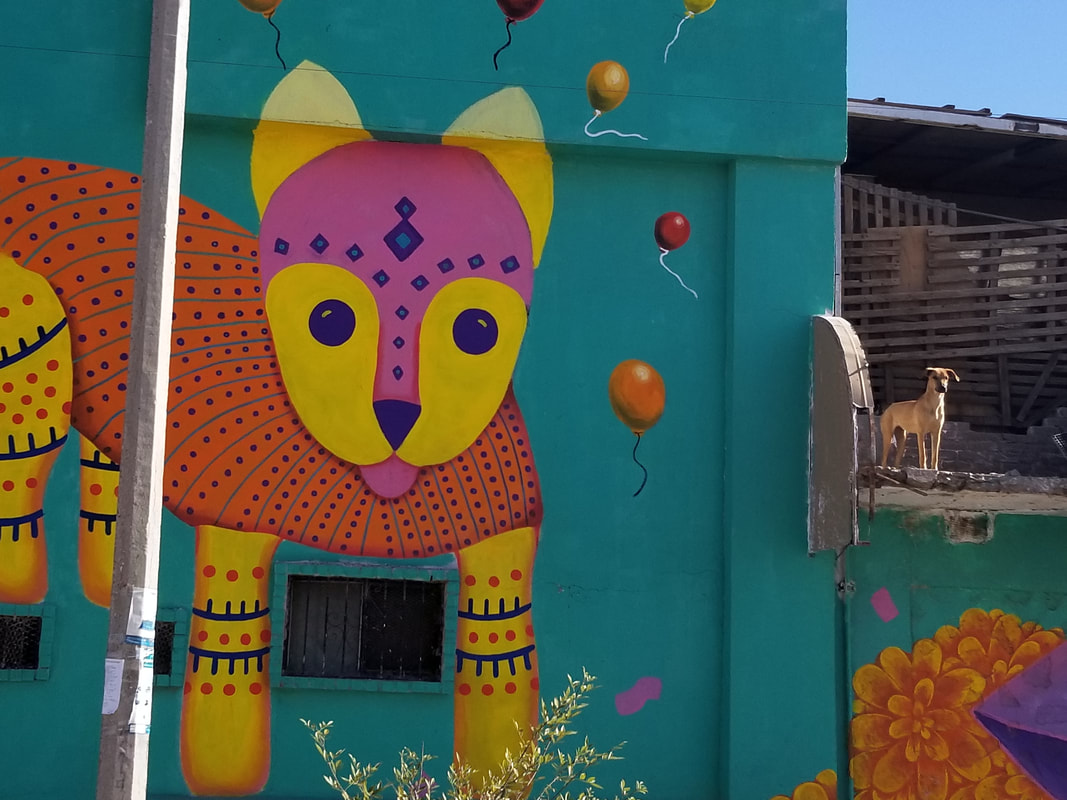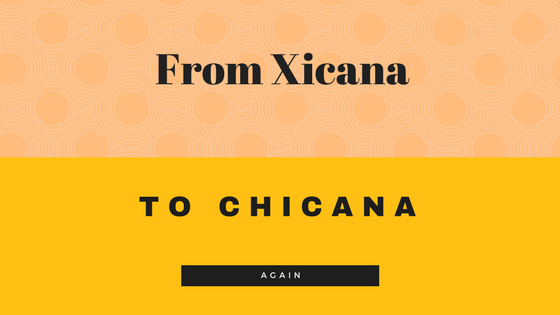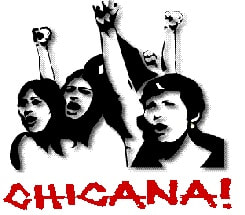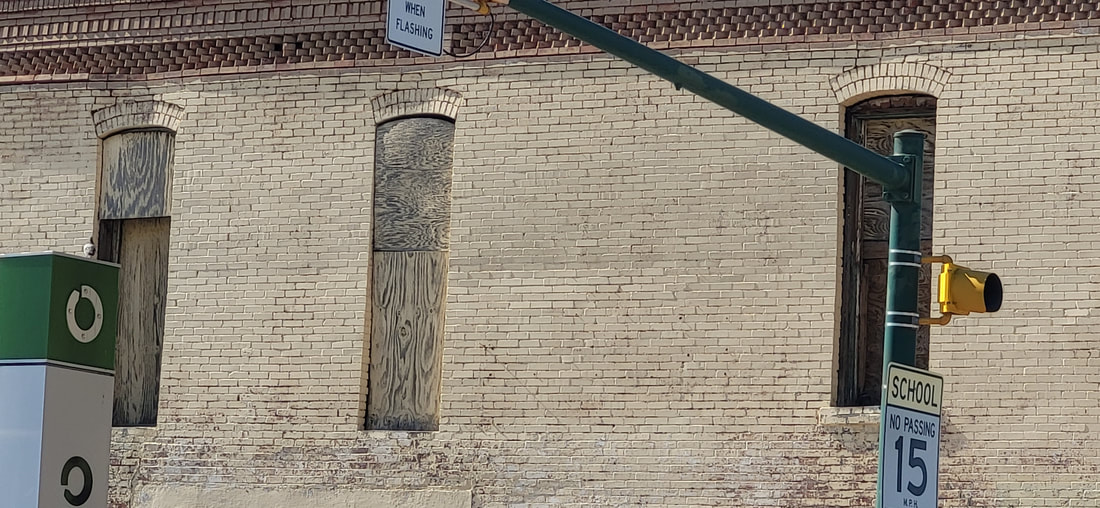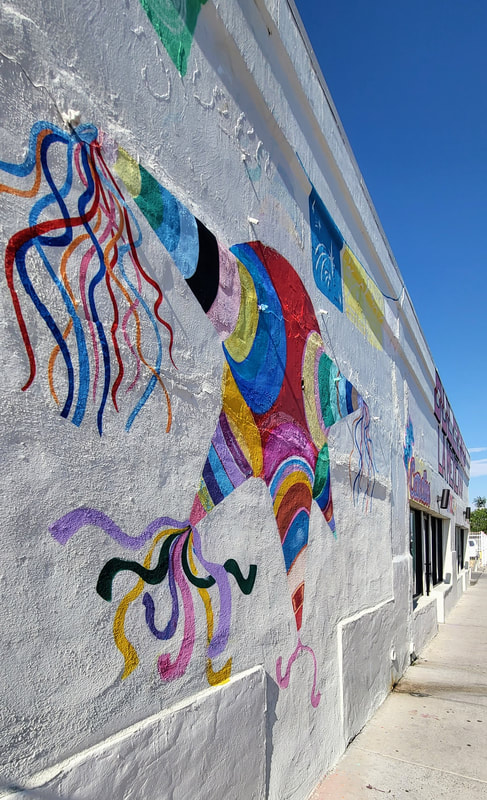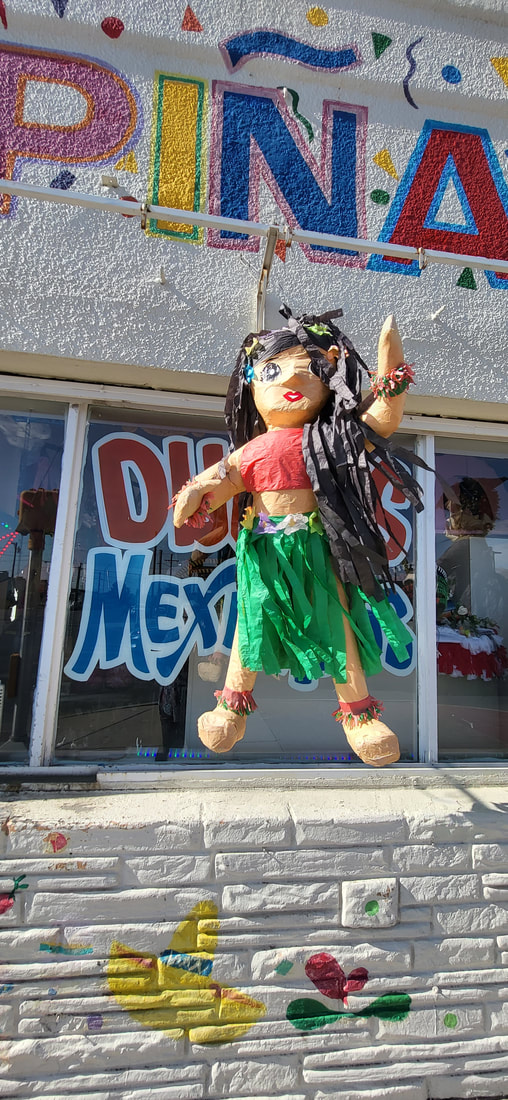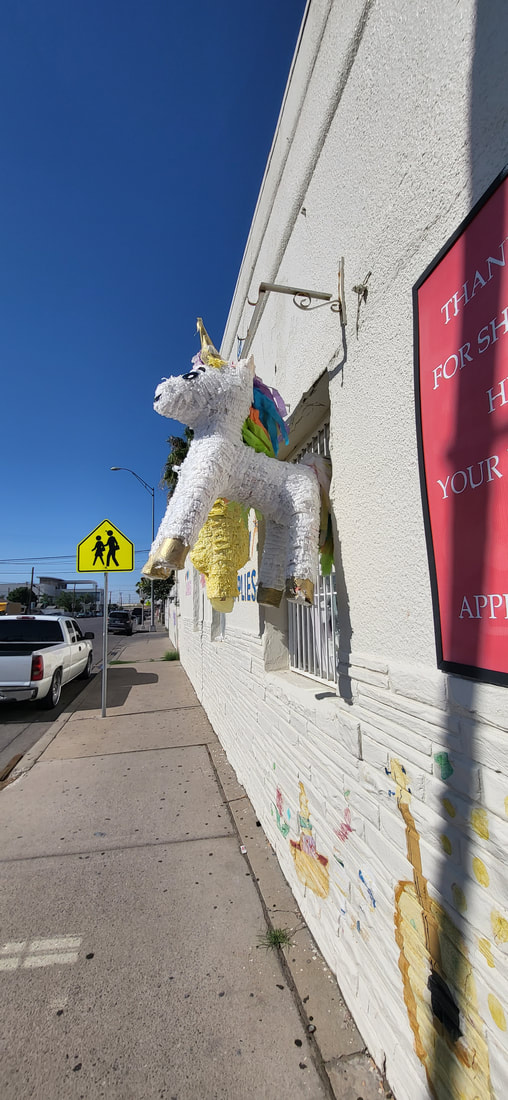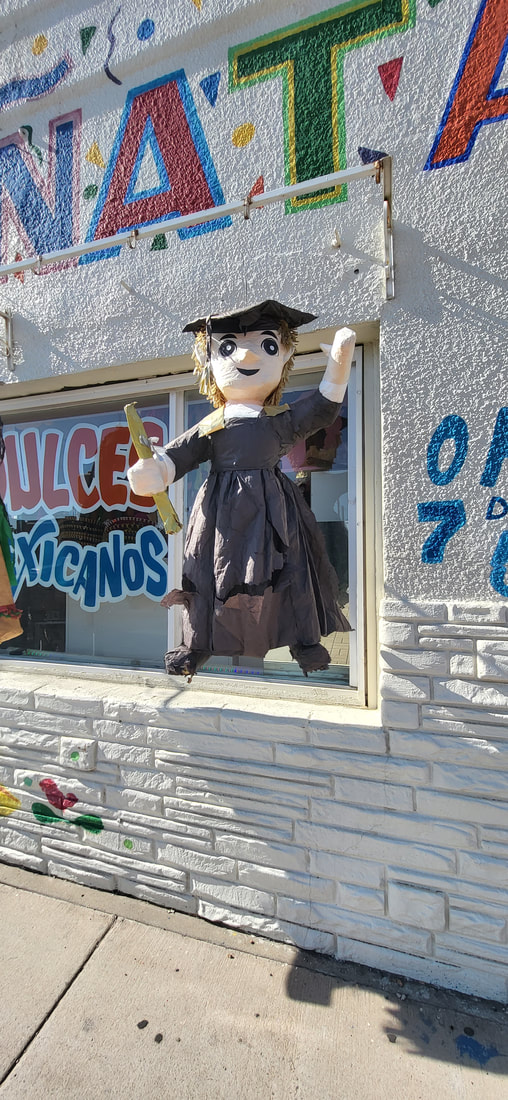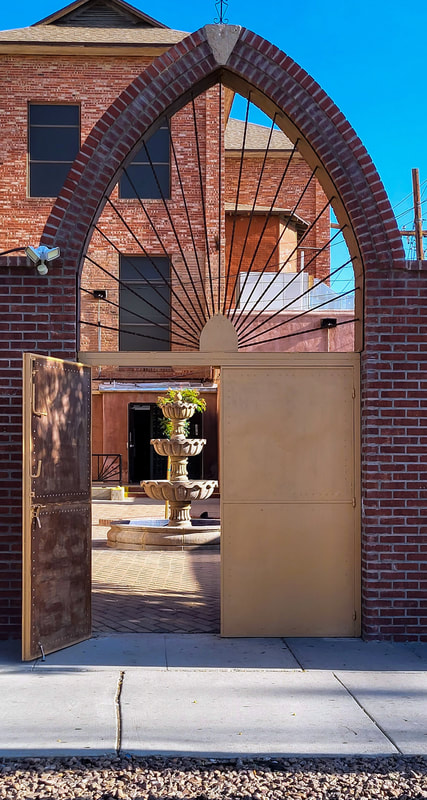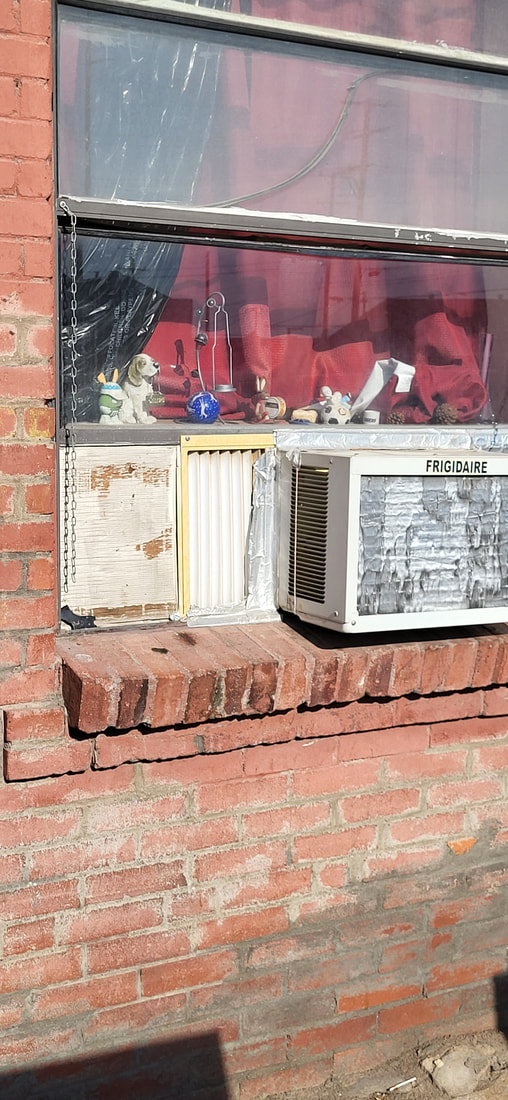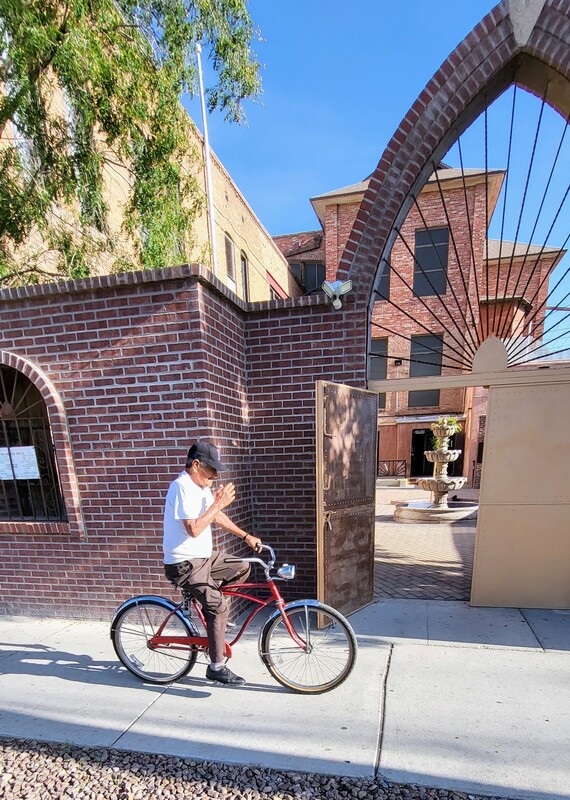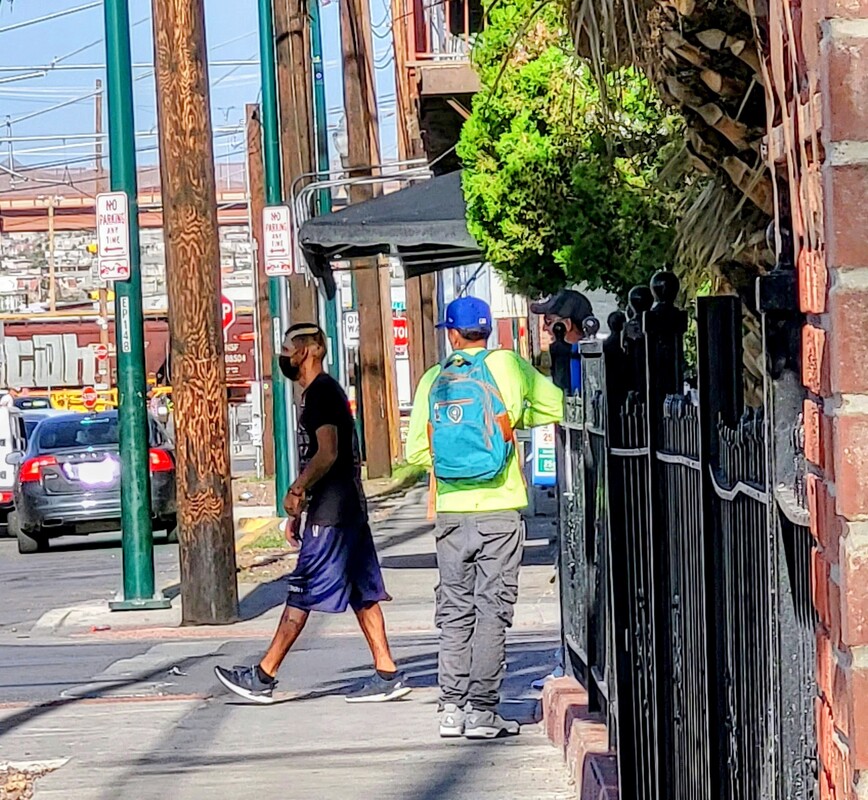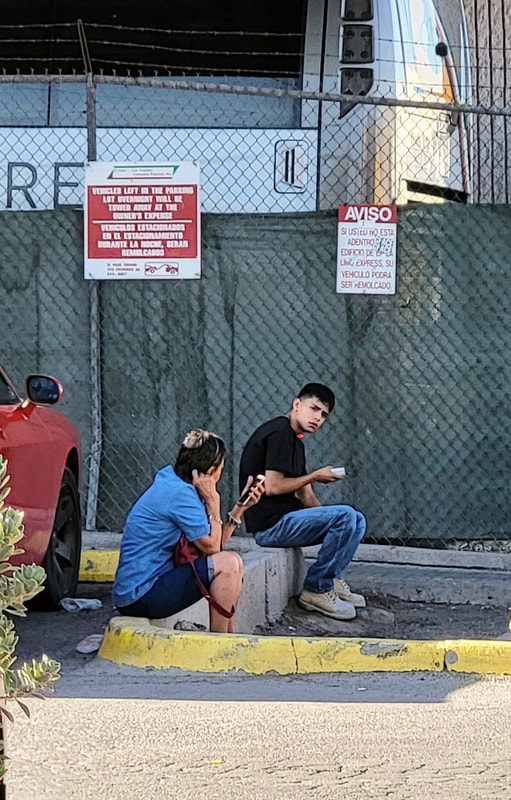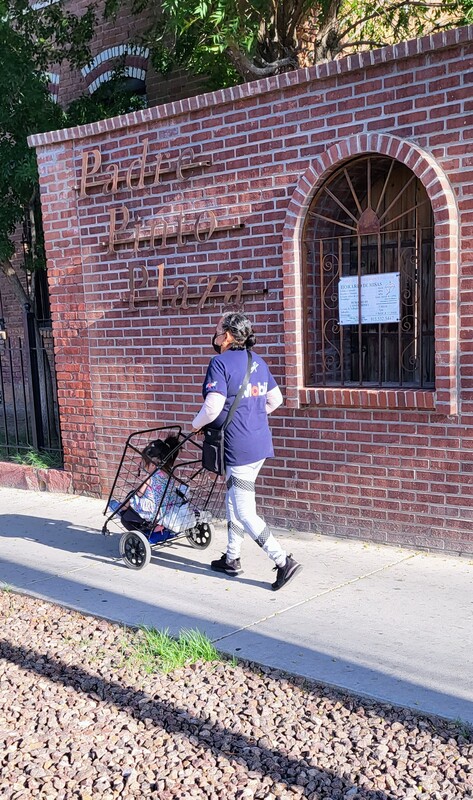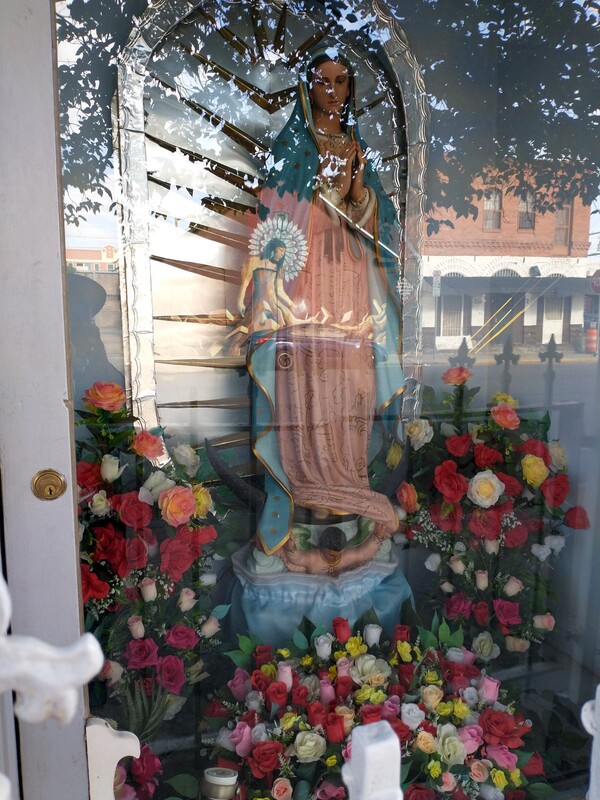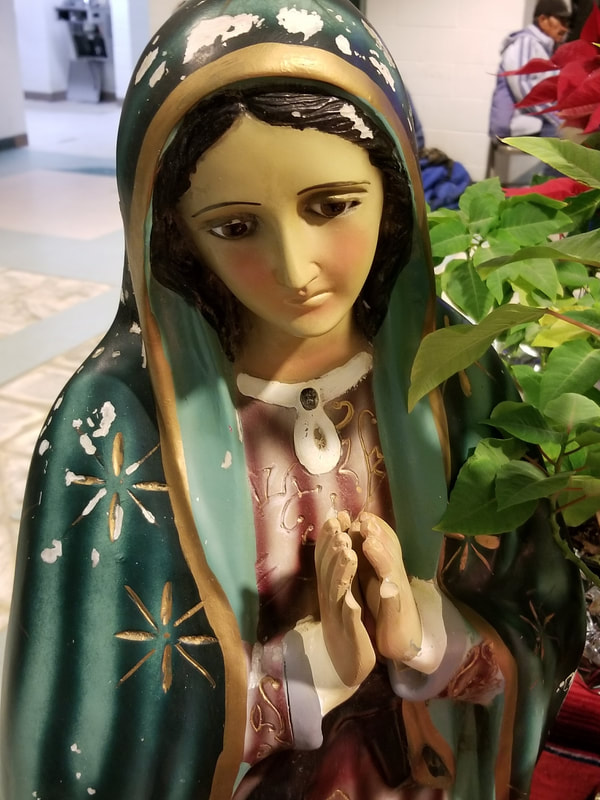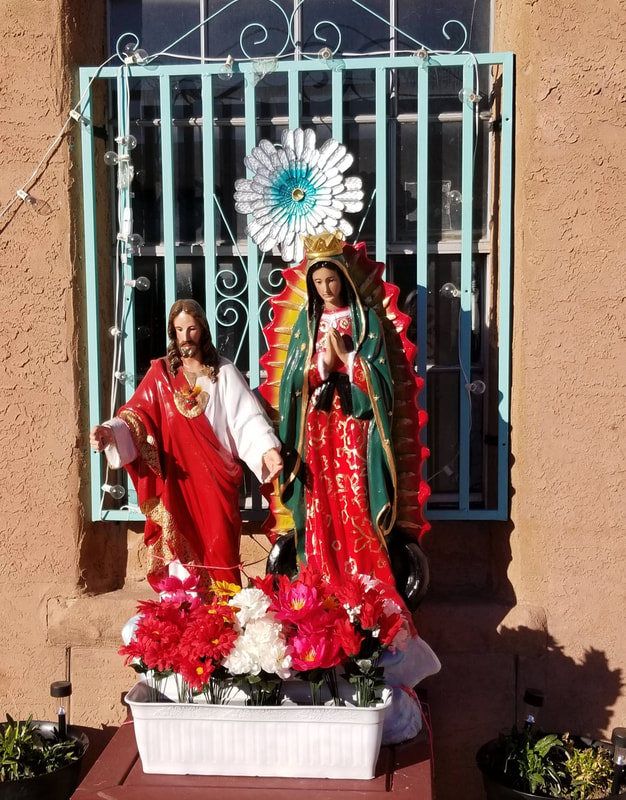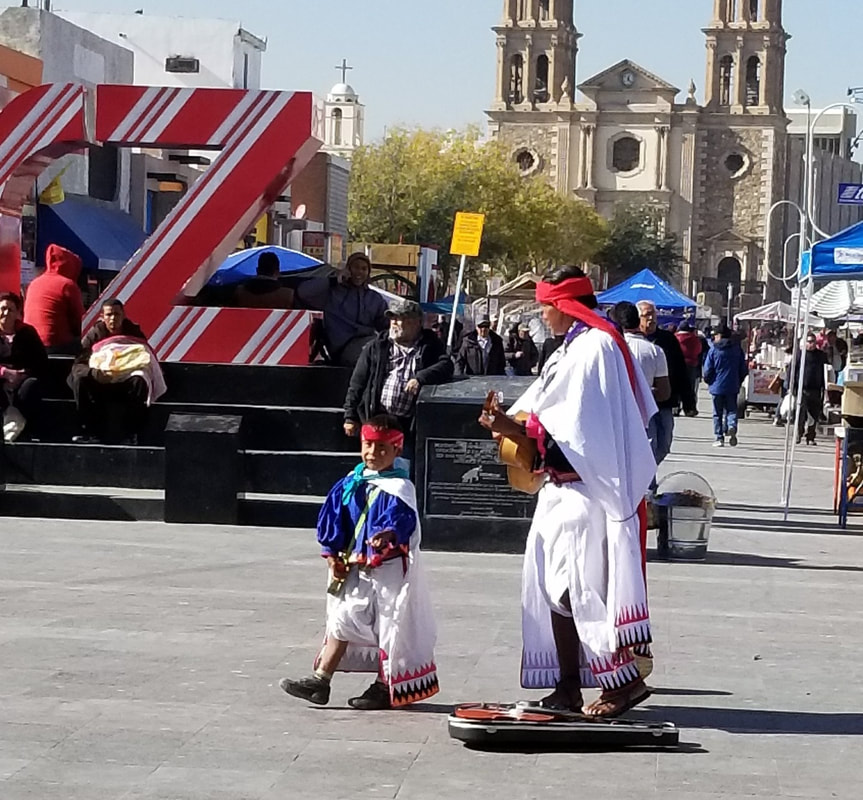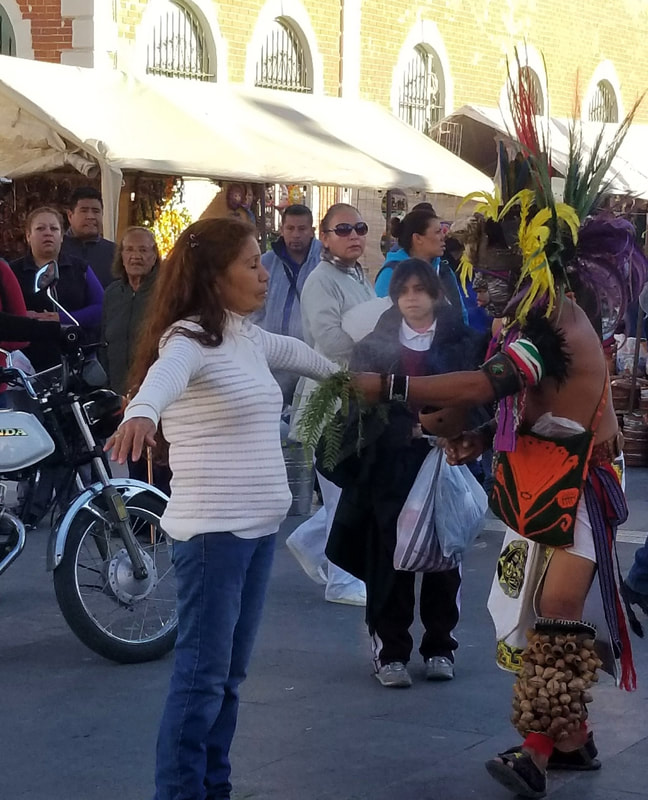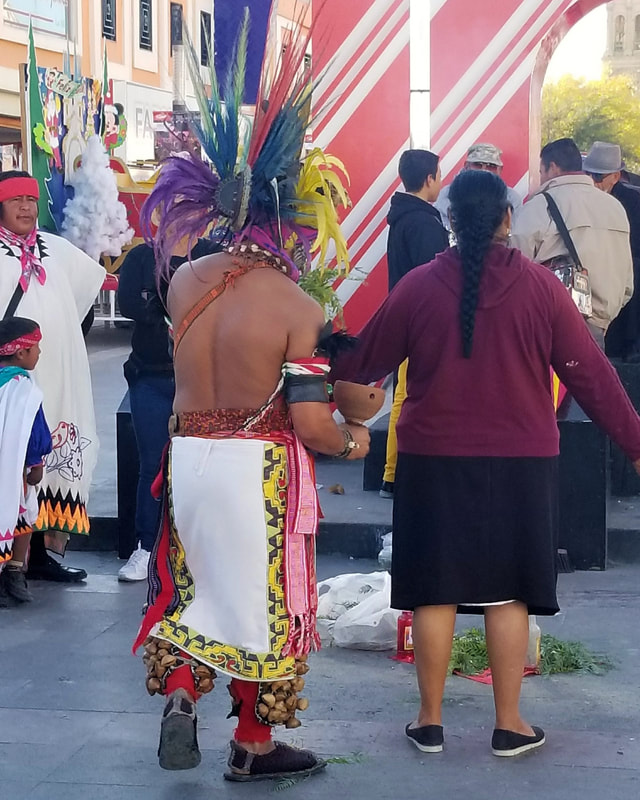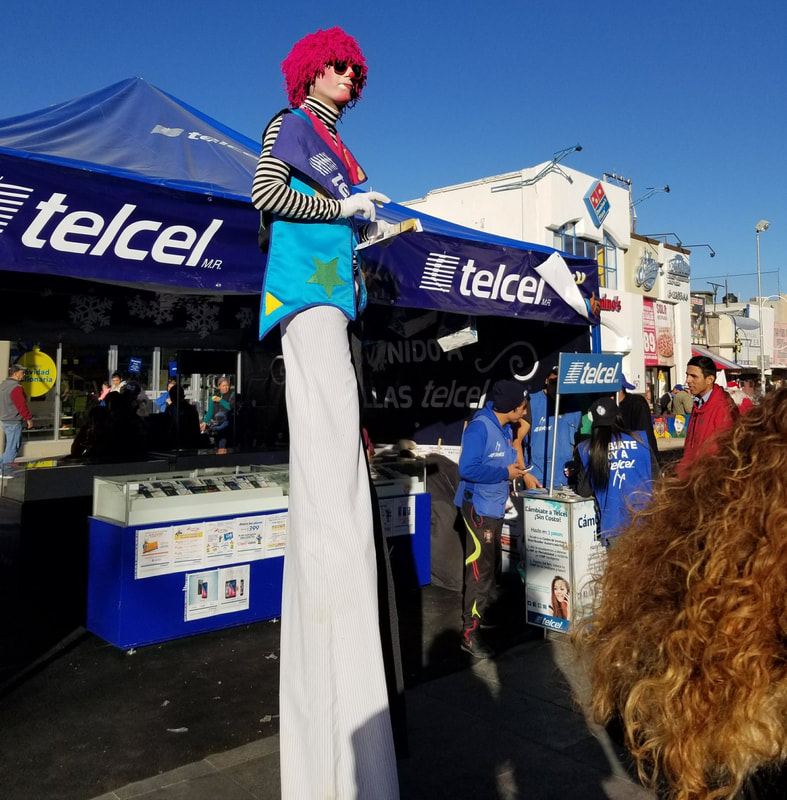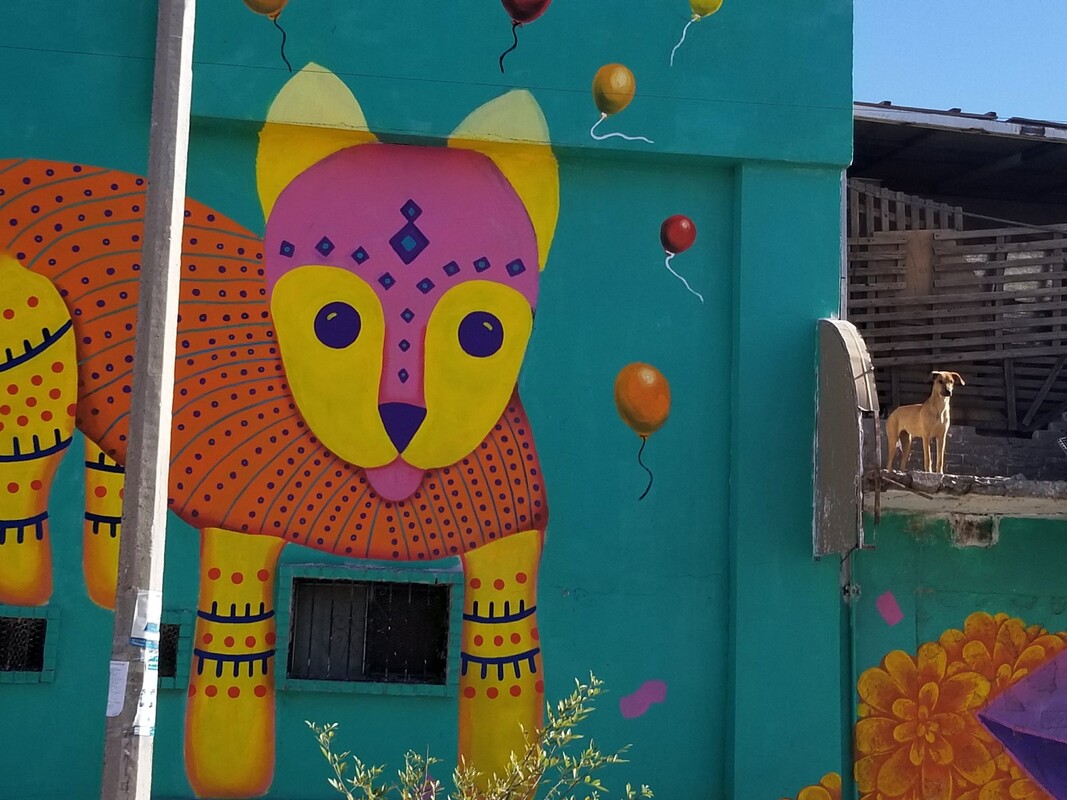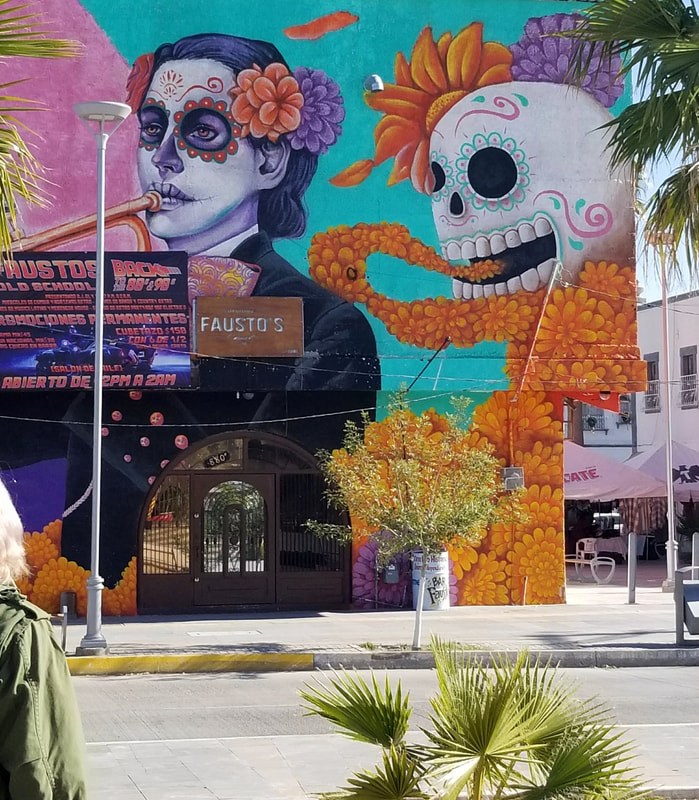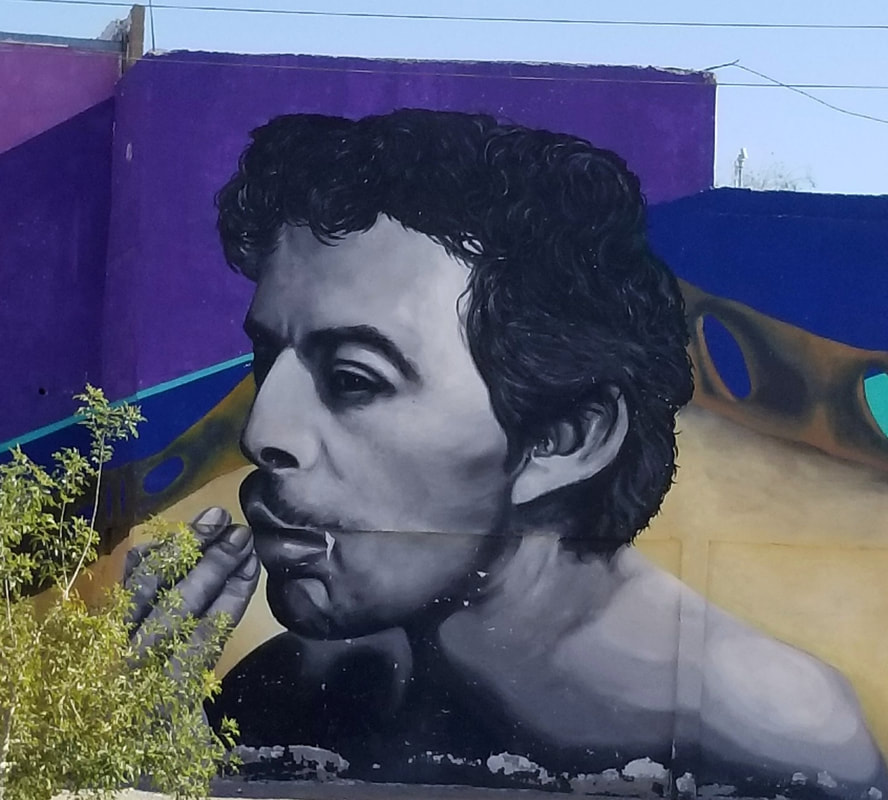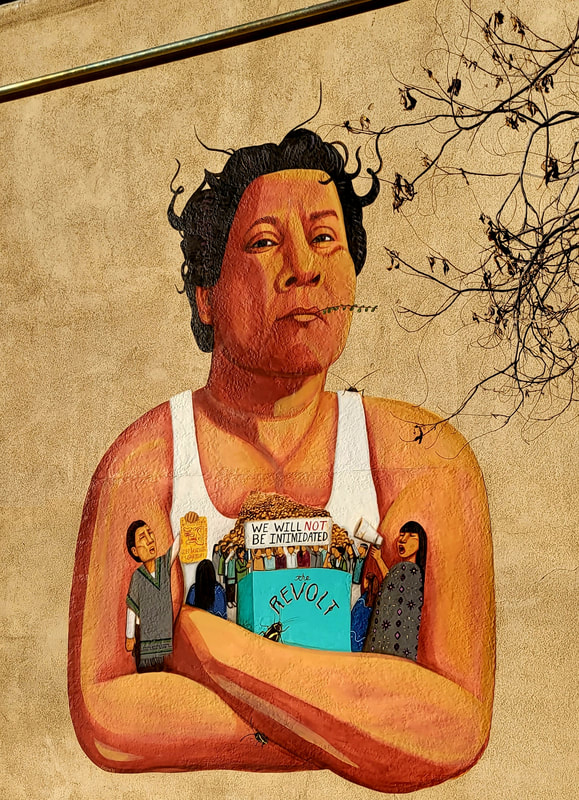|
I made a decision today about words. As a writer and historian, I know well that words hold power and that they hold history. So I'm taking the X out Xicana. I don't believe in telling others how to label themselves. We all have the right to self-identify so my decision comes specifically from my own experiences and desire to honor the history that I have lived.
I always adhered to the linguistic theory that the words Chicana and Chicano originated with the word Meshicana/ Meshicano, the Hispanicized word for residents of Meshico-Tenochtitlan. This theory posits that the sh eventually became a ch so that Meshica became Meshicano became Shicano became Chicano. The grandfather of Chicano Studies, Américo Paredes, disagrees. Remembering the first time he heard the word in the 1920s, he writes that his brother lovingly called their little niece "pura Chicanita." He goes on to write that Chicano is simply a "clipped form of mexicano." Writing that in Spanish we use the ch to denote affection, he says mexicano became Chicano as a way of creating a warm and loving term. It makes sense, actually. I do it all the time. "Preciosa" becomes "prechiosa" when I am talking to my beloved dogs. My tía abuela Concepción became Chonita. My primo Jesús became Chuy. My aunt Maria Jesus became Cachuy. We do love ch. (See The Borderlands of Culture: Américo Paredes and the Transnational Imaginary by Ramón Saldivar.) My father, born in 1910, always used the word Chicanito and Chicanita as a form of affection. In the early 1970s when, as a 14 year old, I adopted the term to identify with the political movement, it angered him because my using it had transformed it from a familiar term of endearment to a radical, political identity. Since that transformation in the 1960s, the word has always been controversial. I'm not sure when I saw the x in Xicana for the first time... probably in Ana Castillo's work. I know replacing the ch with x was made with the intention of reconnecting to our indigenous roots by incorporating the x, which folks connected to Nahuatl. I'm not the first to point this out, but the x as a ch sound isn't Nahuatl. The x as an sh sound was, in fact, 16th-century Spanish. Spanish grammarians later changed the x to denote an h sound. Thinking of it in English, Meshico (which the emphasis on the second syllable) became Mehico (with the emphasis on the first syllable). I want to acknowledge the colonial roots of using the letter x. There's something inherently colonial in using the Spanish alphabet and its archaic pronunciation to connect to an Indigenous language. Since our original languages were taken from so many of us, using Spanish is sometimes our only resort. I don't want to make the colonial invisible, though. So I'll be going back to what I've always been-- Chicana. The word connects with me with my daddy's generation who saw it as a beautiful loving term to speak of working-class Mexicanas and Mexicanos. And I'll use it to connect me to the Movimiento that so inspired me beginning fifty years ago when I was a young woman with a desire to change the world. I love that language changes and transforms to reflect new understanding and new critiques. I love when language challenges me to rethink what I know. So the x is good. I just won't be using it anymore.
0 Comments
Leave a Reply. |
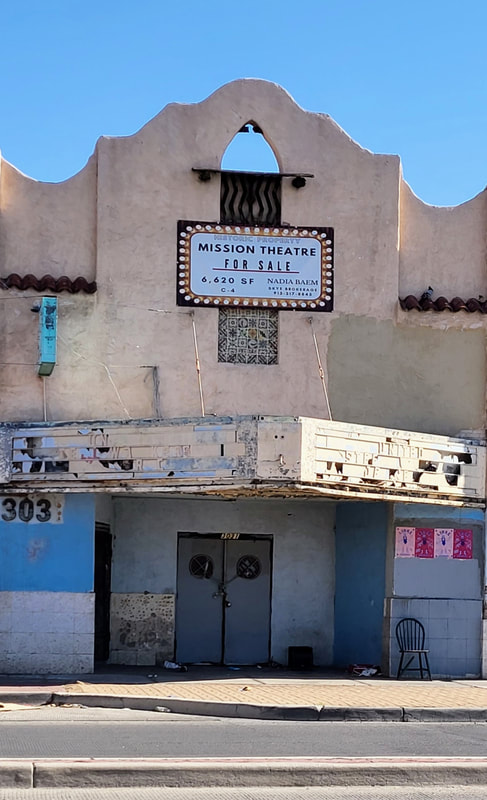
My father used to tell me about sneaking into this theater to watch movies as a kid in the 1910s. It showed Spanish language films. In the 1940s, it was transformed into a "whites only" theater but that didn't last long. By the 1950s, it was headquarters to the Mine, Mill, and Smelter Workers Union, a radical labor organization. Before it closed, it housed the Mine and Mill Bar.
Segundo Barrio
Father Rahm Street
July 2022
La Virgensita en la frontera
Cd Juarez downtown
December 2017
La Mariscal, Ciudad Juarez, 2017
Montana Vista 2019
El Centro July 2022
